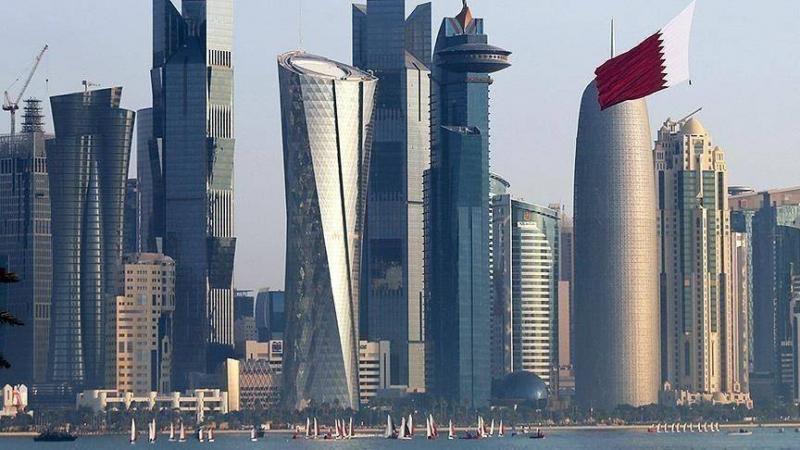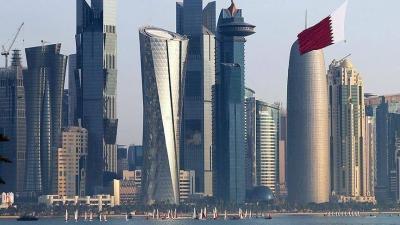The stalemate in the nuclear negotiations between Iran and the P5+1 countries has persisted for several months and is not due to a location crisis. The negotiating teams did not face geographical obstacles that hindered the continuation of talks. What both the U.S. and Iranian sides needed was the decision, which was not available in Vienna, Muscat, Doha, or anywhere else where their meetings—secret or public—were held. Thus, the negotiations in the Qatari capital did not continue beyond the predetermined time, and neither side requested a public extension. Even if both parties chose to extend their secret negotiations, it would currently be futile, especially after U.S. State Department spokesperson Ned Price directly stated on Wednesday that the negotiations had made no progress and that Iran had again failed to respond positively to the European Union's initiative.
After Doha, which will not be the last opportunity, the chances for reaching solutions to the outstanding issues in Vienna diminish, as everyone has retraced their promises made before arriving in Doha, particularly regarding some key issues and their readiness to quickly finalize a deal for mutual compliance with the Joint Comprehensive Plan of Action. This failure confirms that the crisis between them requires a diplomatic miracle that both the U.S. and Iran do not appear to be capable of achieving. What could not be achieved in Vienna was also out of reach in Doha. Additionally, time is against both parties, as not only the region but the world is racing against the clock before U.S. President Joe Biden arrives in Jeddah, where a summit on major regional and international transformations will be held.
In Doha, Tehran did not change its behavior nor did Washington deviate from its principles. Likely, the White House's urgent drive to finalize international deals related to the Ukraine war has given the hawkish faction pushing for a nuclear breakthrough with Iran what may be the last opportunity. This faction, despite experiencing Iranian disappointment, continues to defend its vision of the previous agreement between Washington and Tehran, which facilitated Iran's destabilization of the region for years. This confirms that Tehran did not pick up on the signals from the G7 summit in Berlin, which affirmed in its final statement the prevention of Iran from acquiring nuclear weapons and called on it "to cease its ballistic missile operations and maritime threats," noting that "diplomacy is the best path to halt Iran's nuclear program."
In Doha, Robert Malley and his team aimed to reach at least preliminary understandings before the Jeddah summit, which will likely have a direct impact on the conditions of any new nuclear agreement with Iran, potentially complicating it further. What the Iranian side failed to grasp—using the Doha channel this time in conjunction with the approaching Jeddah summit—is that stalling is no longer in its favor. They did not realize it was a short race from the G7 summit in Berlin to the anticipated Jeddah summit, culminating in the midterm congressional elections. Therefore, Robert Malley's bet was that his Iranian counterparts would act wisely and facilitate the possibility of achieving political and technical breakthroughs in Doha that would ease Tehran's burden from what may happen in the region after the multi-lateral Jeddah summit.
Consequently, Robert Malley returned from Doha empty-handed, and whether negotiations continue in Doha, move to another capital, or return to Vienna, the essence of negotiations is what matters, not the location they occur in.




